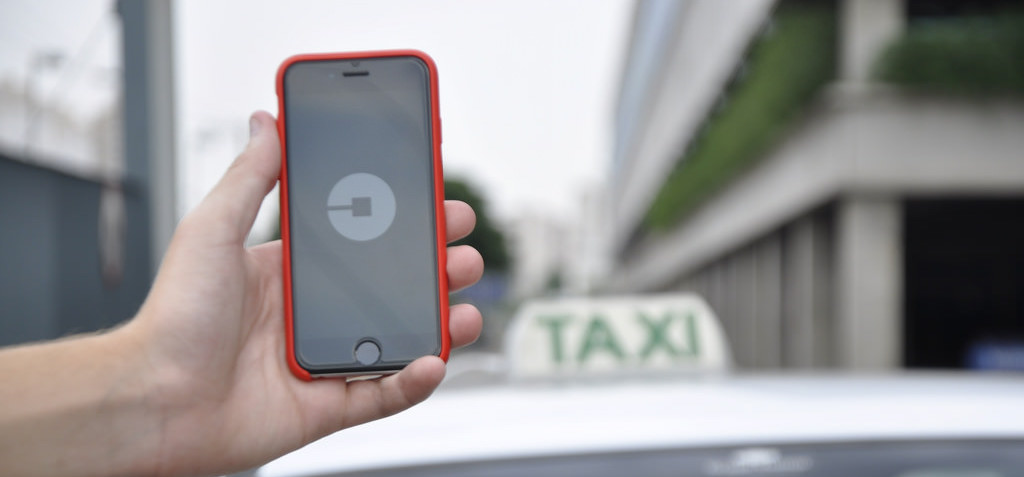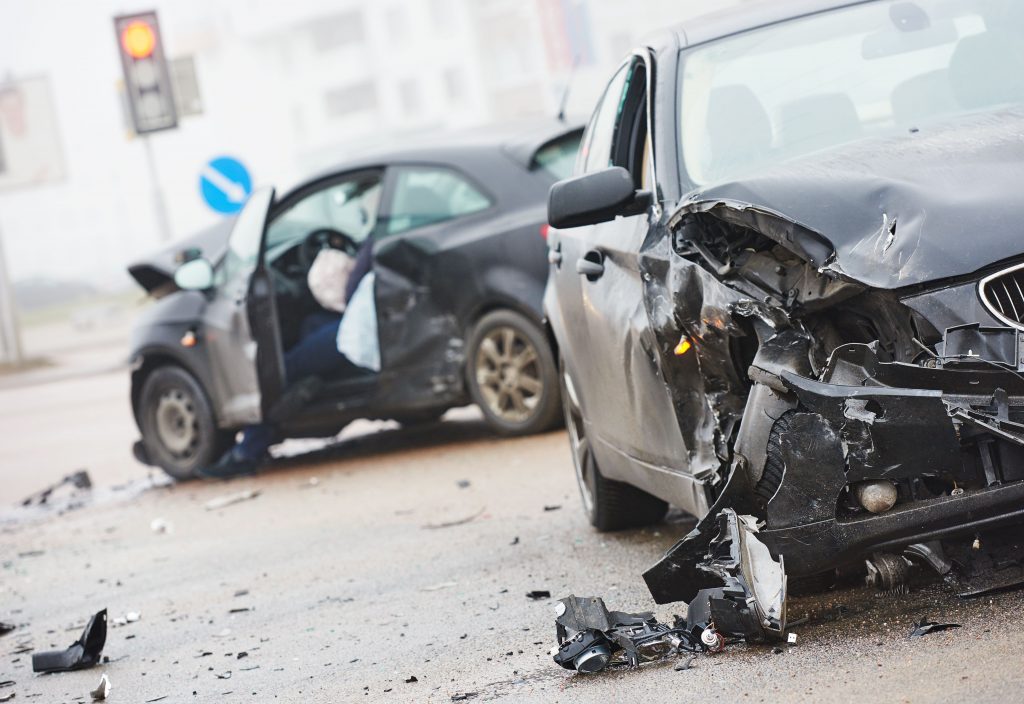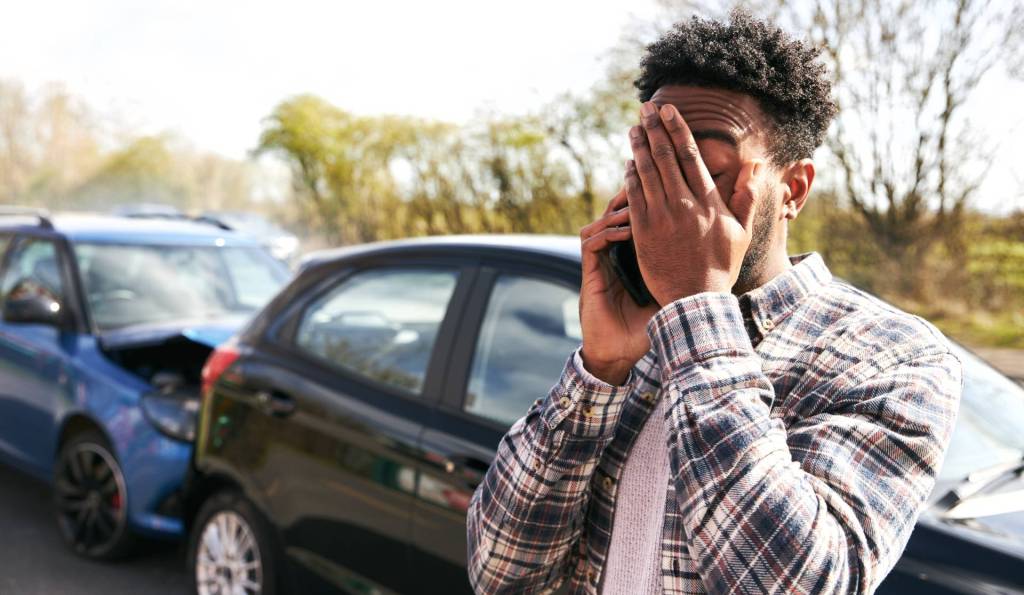According to the National Safety Council, approximately 15,000 traffic collisions happen daily in this country. When you’re involved in a crash in California, in addition to contacting a car accident lawyer, you’ll need to take some steps at the crash site, and you’ll need to take some other steps as quickly as you can.
There are also some things that may seem like the right thing to do but must be avoided. The following “do’s and “don’ts” are some tips to guide you through the claims process.
After a vehicle accident in California, filing your own claim and negotiating directly with an insurance company is usually not a problem – that is, if you’ve only sustained vehicle and property damage or minor scrapes and bruises – but if you’ve been genuinely injured by a negligent driver in southern California, it’s best to put your case immediately in the hands of an experienced Pasadena personal injury attorney.
WHAT ARE “THE DO’S” AFTER A TRAFFIC ACCIDENT?
1. At the accident scene, summon medical attention first and at once if it’s needed for yourself or for others. If you don’t think you have been injured, have a doctor look at you anyway, and within 24 hours if at all possible.
Call the police – you’ll eventually need a copy of the accident report. Trade your personal contact and insurance information with the other driver, take photos of the damages and the general accident scene, and try to get the names and contact information of any eyewitnesses.
2. Notify your auto insurance company that you’ve been in an accident. You’ll need to make that call immediately after the accident or immediately after receiving medical attention. Later, but before you speak with your agent or with an insurance adjuster, review your automobile insurance policy and make certain that you understand its provisions.
Take notes regarding each discussion you have with an insurance agent or an adjuster, and get the names, titles, and phone numbers of everyone you speak to about the accident.
3. If you’ve been injured, go ahead and notify the insurer that you’ve been involved in a collision, but before you speak about the accident with an agent or an adjuster, consult with a reliable personal injury attorney who can explain your legal rights and options as a victim of negligence in this state.
4. Determine if you have applicable coverage under another insurance policy. Several types of policies might cover an injury claim. Check into the provisions of your homeowner’s policy, any umbrella policies you may have, and even your credit cards, which sometimes offer several types of insurance provisions.
5. If you choose to negotiate personally with your own insurance company or with the other driver’s insurance company, be completely and absolutely forthcoming and honest during all discussions and negotiations.
A failure to be entirely honest might void your auto insurance policy or become a barrier to obtaining affordable auto insurance coverage in the future. Intentionally misrepresenting the facts to an insurance company could constitute insurance fraud.
6. Understand the distinction between “actual cash value” and “replacement cost coverage.” With replacement cost coverage, you may have to pay out-of-pocket for property damages before you receive reimbursement.
California entitles property damage victims to the amount of the vehicle’s repairs, or if the vehicle is deemed a total loss, to its “fair market” (or “actual cash”) value.
WHAT ARE “THE DON’TS” AFTER A TRAFFIC ACCIDENT?
1. Until you are certain that you understand your automobile insurance policy’s provisions, don’t make any written or verbal statement to the insurance company. Again, if you’ve been injured, it’s always best to consult a personal injury lawyer first.
2. Do not blindly accept the insurance company’s estimate of your damages. Some companies will ask you to agree to their own estimates, which may not, in fact, cover all of your costs. You have the right to have your vehicle examined and repaired by any mechanic who is certified in California.
If the cost of repairs exceeds the insurance company’s offer, a repair shop will have to work with the insurer to ensure full payment. For this reason, it may be expedient to work with the company’s approved shop, which regularly deals with such circumstances.
3. This is absolutely imperative. Unless you are certain that you have been treated and compensated fairly and sufficiently, do not sign any waivers, releases, or any other insurance documents before consulting an attorney.
If you agree to a settlement amount that is less than the actual worth of your damage claim, you will not be able to take any further legal action.
4. Do not overlook deadlines and time limits. Most auto insurance policies require you to file a claim within a specified period of time unless you can obtain a waiver – in writing – from the company.
Many auto insurance policies also give you only a year to bring a lawsuit if you believe the claim hasn’t been handled properly. In any event, California’s statute of limitations gives you only two years to file a personal injury lawsuit and three years to file a property damage lawsuit.
5. Do not forget that your insurance company has a contract with you and a legal responsibility to provide the insurance coverage specified by its policies. When a claim has been undervalued, entirely denied, or unreasonably delayed, some accident victims may face serious financial hardship. Do not overlook an insurance company’s bad faith practices.
Instead, discuss your options, which may include pursuing a bad faith lawsuit against the insurance company, with a personal injury attorney.
WHAT IF YOU HAVE BEEN SERIOUSLY INJURED?
Traffic accidents involving negligent drivers who cause injuries generate thousands of personal injury lawsuits every year. Minor collisions are usually resolved quickly, and most insurance company employees are honest and hard-working professionals.
Still, accidents in this state that result in serious injuries – or wrongful death – should be handled only by a reliable California personal injury attorney.
Whenever you travel on California’s streets and highways, wear your seat belt. Make sure that your tires, brakes, and lights work properly every time you get behind the wheel.
Negligent drivers ruin innocent people’s lives, so if you are injured in this state by a negligent motorist, reach out to an experienced Pasadena personal injury attorney, and put a skilled, committed advocate on your side from the very beginning.










